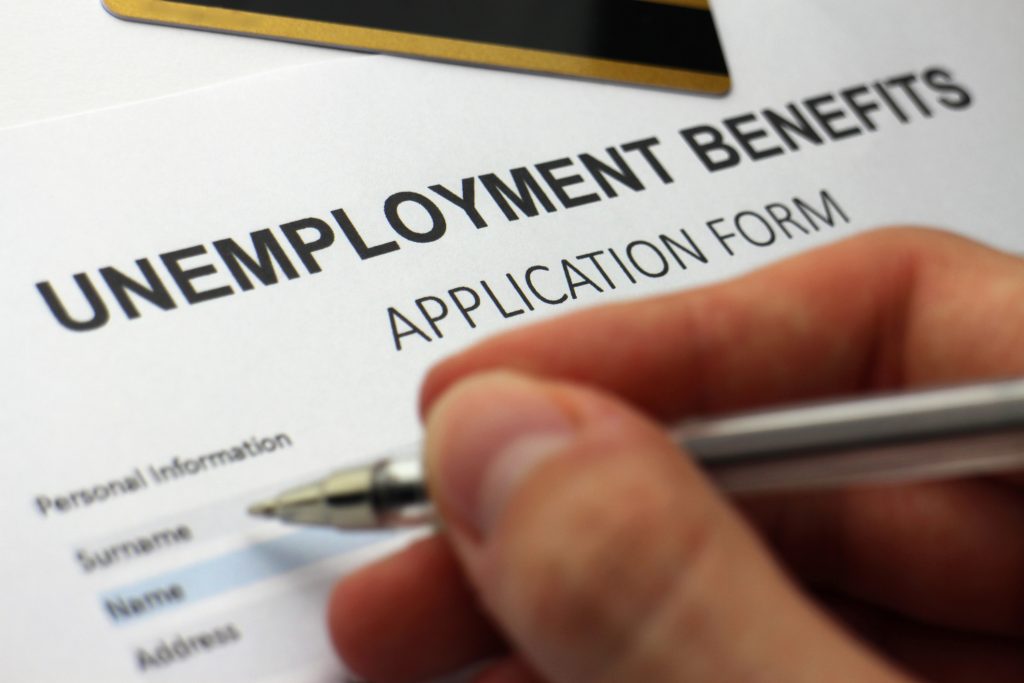Topics:
September 7, 2023 Last Edit: June 5, 2025
Will Assembly Committee Dig a Deeper Hole in UI Fund?
- Only employers, through their payroll taxes, pay into the state’s unemployment insurance trust fund so that those out of work through no fault of their own can collect benefits.
- Thanks in part to the $30 billion in fraudulent claims paid out by the Employment Development Department during the pandemic, the trust fund needed to borrow from the federal government to keep the fund solvent and today owes the feds more than $18 billion in loan repayment. Twenty-two other states also needed to borrow, but all but two (California, New York) have paid the feds back. The Legislature punted on its opportunity to use some of the federal bailout largesse (CARES and ARPA money) and its own surplus to pay down or off its trust fund loan. Small business owners will know in December how much higher their 2024 payroll taxes will be.
- SB 799 would overturn more than 70 years of precedent by allowing workers who voluntarily leave their jobs to go on strike to collect UI benefits while on strike.
- To add insult to injury, SB 799 began its legislative life as a bill on prison visitations, passed all its committees and house-of-origin deadlines before being hijacked, gutted, and replaced with language adding unemployment benefits for striking workers. So much for open and transparent government.

State:
Get to know NFIB
NFIB is a member-driven organization advocating on behalf of small and independent businesses nationwide.
Related Articles

March 3, 2026
Small Business Deduction Champion Award Presented to Sen. Roger “Doc” Marshall
NFIB presented the award to members of Congress who played a crucial role in making the 20% Small Business Deduction permanent
Read More


March 3, 2026
Poll: Hands Off Prop. 13; ADA Needs Reforming
Small business owners speak up on four questions asked by NFIB
Read More


March 3, 2026
Your Help is Needed on Two Big Issues
Small businesses cannot afford government-run health care or higher minimum wage
Read More


March 2, 2026
TAKE ACTION: Urge Governor Lujan Grisham to Stop the Business Tax Hike
Take action today and tell the Governor to line-item veto the tax increase in SB 151.
Read More







